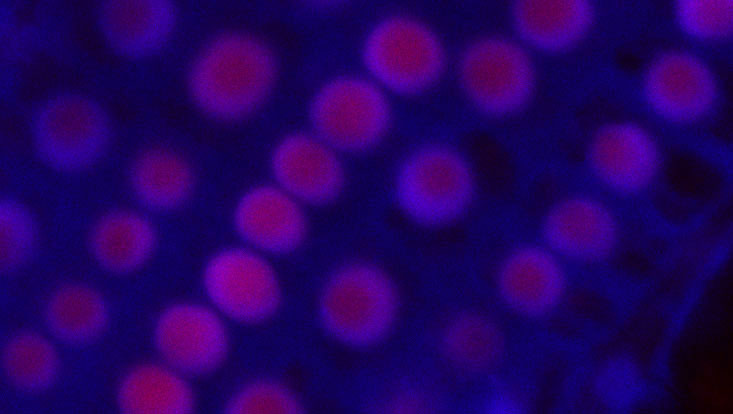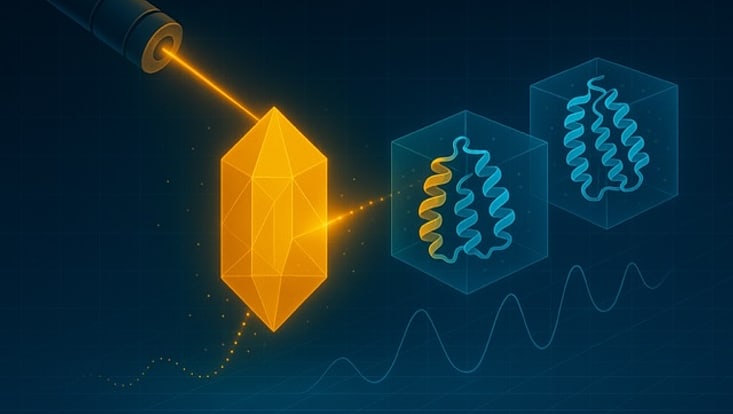and Natural Sciences
HFSP Research Grant 2018:270,000 dollars for research on plant growth
10 April 2018, by Heiko Fuchs

Photo: UHH/Kostika Sofroni
The research group led by the biologist Prof. Arp Schnittger from Universität Hamburg has received the 2018 HFSP Research Grant together with international partners from France, Chile, and the USA. The Human Frontier Science Program (HFSP) is an international research funding agency in the life sciences that aims to promote research at the forefront of science. The Hamburg team will receive 90,000 dollars each year over the next three years - the equivalent of around 73,000 euros per year.
Research will focus on molecular processes in cells that are often influenced by random events. For example, whether or not two proteins meet in a cell has an impact on whether one protein can be altered by the other protein. This raises the question to what extent a cell makes use of these accidental events in decisions, or how far these random events are modulated by the cell, for example, by amplifying or weakening these random effects.
The role and the influence of these random events on the control of plant cell division will be investigated by an international research network funded by the HFSP Research Grant, to which the team from Universität Hamburg belongs. In cell division, the cytoskeleton plays an important role. These thin and filamentous cell structures are responsible for the mechanical stability and shape of the cell, but also for whole cell growth and intracellular transport. During cell division, the cytoskeleton distributes the chromosomes evenly to the daughter cells and transports cell wall material to the division plane so that two separate cells can be formed. In plants, the cell division plane is controlled by the so-called preprophase band, which also consists of components of the cytoskeleton. New findings within the research network indicate that the preprophase band serves as a quality control instance in cell division. By experimental influencing of the preprophase band, combined with various imaging techniques and mathematical modeling, the project will investigate to what extent the formation of the preprophase band is influenced or controlled by random events at the molecular level.
The results of this research network could lead to a better understanding of the control of plant growth and plant architecture, which is interesting for future breeding and biotechnology projects. “We are very excited to tackle this new dimension in the analysis of cell division with the help of the HFSP and our international team,” declared Professor Arp Schnittger.
The Human Frontier Science Program is one of the most important international funding agencies in life science research and supports only cutting-edge projects.


